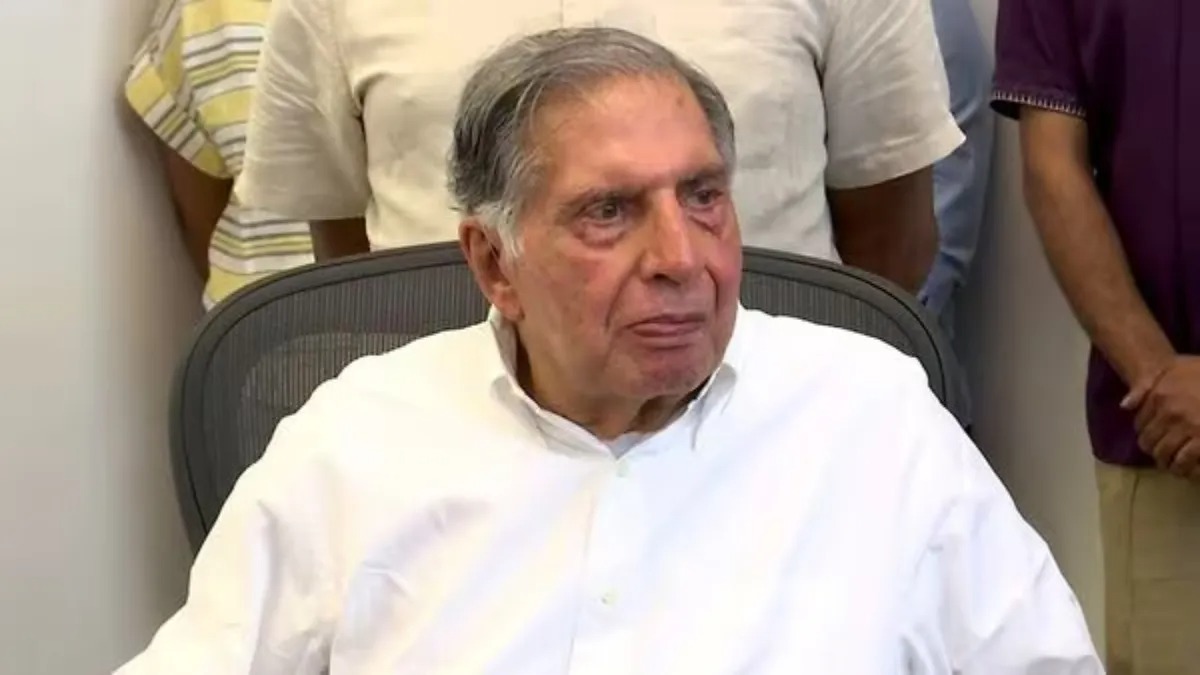

The entire country is in mourning due to the death of Tata Group Chairman Ratan Tata. Ratan Tata was not just a businessman but a great personality. You will find some Tata salt, pulses, or car in every house in the country. It is said about Ratan Tata that he always did business according to the needs of the people of India. Ratan Tata was not well for the last few days. He was undergoing treatment at Mumbai’s famous Breach Candy Hospital. Ratan Tata had low blood pressure. Due to this, his health started deteriorating. He was being treated under the supervision of heart specialist Dr. Sharukh Aspi Golwala.
Despite the doctors’ best efforts, there was no improvement in Ratan Tata’s condition. Problems that arise with age make the situation even more difficult. According to the information received, Ratan Tata was suffering from hypotension caused by low blood pressure. Due to this many organs of his body gradually stopped working. He also started having problems with dehydration. This becomes a serious problem for the elderly.
How dangerous is low BP?
If your blood pressure is less than 90/60, doctors consider it to be low BP. With increasing age, the risk of both low BP and high BP increases. Due to low BP, the blood flow to the heart, brain, and other organs in elderly people starts decreasing. When BP suddenly becomes low, the supply of blood and oxygen to the brain starts decreasing. In such a situation, problems like dizziness, lightheadedness and sometimes fainting can occur.
What is the treatment for low blood pressure?
People who have low BP problems should consult a doctor without delay. Apart from this, some necessary changes should also be made in diet and lifestyle.
- Eat foods with more salt
- drink plenty of liquids
- Stay away from alcohol and cigarettes
- Drink plenty of fluids in case of viral illnesses
- Exercise regularly
- Be careful when getting up after sitting or lying down
- Stretch your legs and ankles a little before standing up straight
- seek support immediately before getting out of bed
- keep your head elevated while sleeping
- Avoid lifting heavy items
- Avoid straining on the toilet
- Avoid standing still for long periods
- Do not stay in contact with hot water for a long time
- Eat small meals and frequently
- Reduce your carbohydrate intake
- Be sure to rest after eating
Read More: The Ultimate Gujiya Storage Guide How to Make Your Festive Treats Last Longer

 Share
Share
_1152292510_100x75.jpg)

_1445939941_100x75.jpg)
